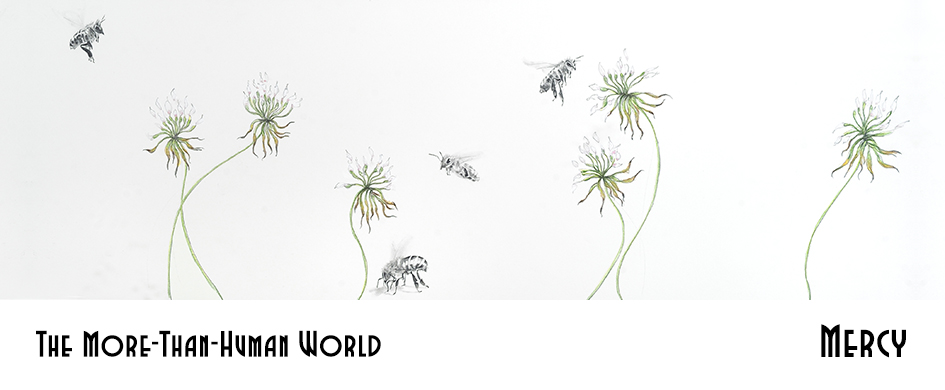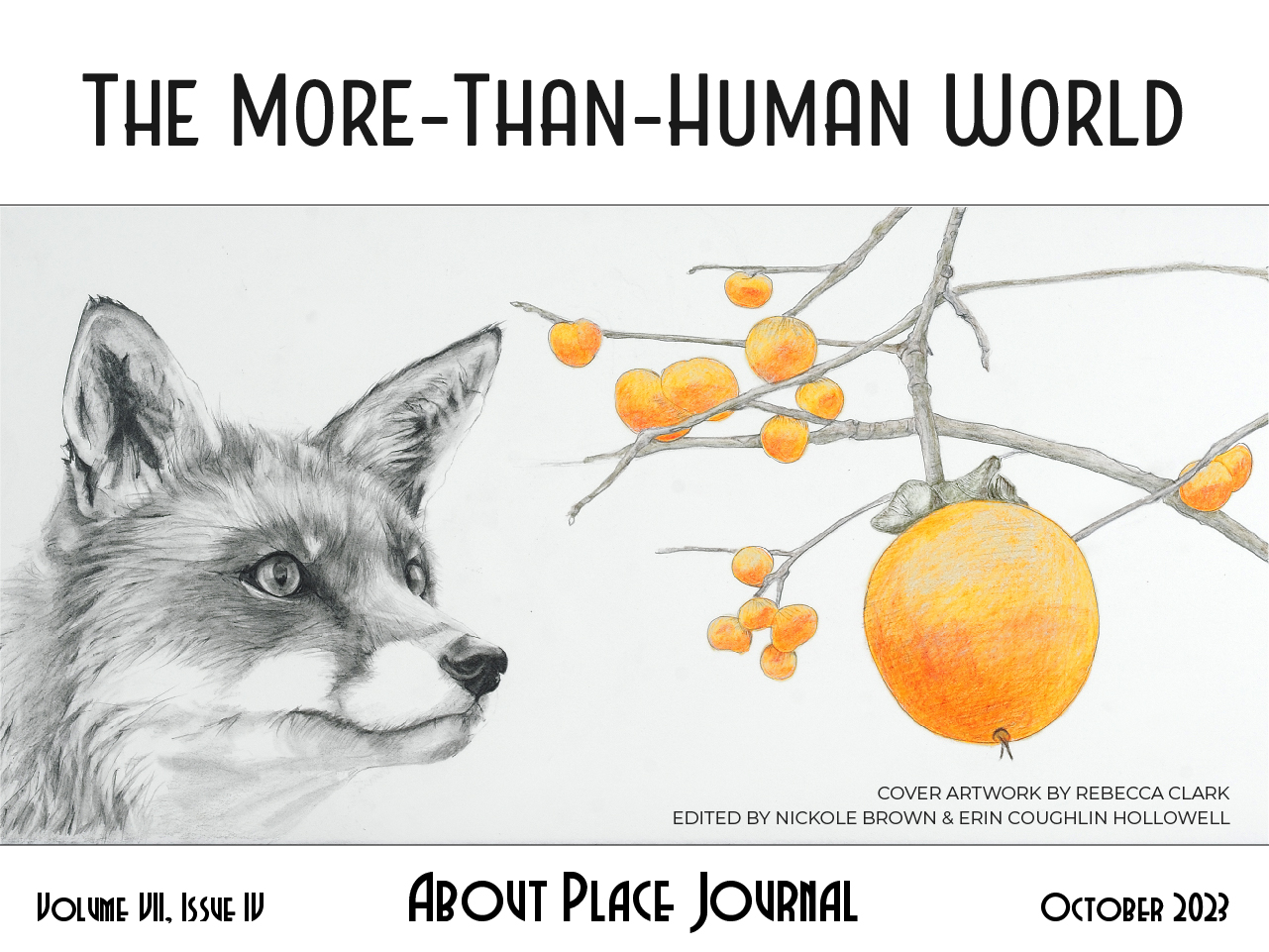My brother and I have been walking across the desert for many turns of light and dark. We walk rib to rib, so close that the yellow fur of our shoulders blends together, black spots merging when one of us stumbles and leans into the other for support. We separated from our mother some time ago, as is our way when cubs are old enough to hunt for themselves. It has been so long since our last meal, we barely remember the taste of impala, how the flesh felt against our rough tongues. This is the Namib, and orange sands shift around our paws. The vultures stalk us, circling. I am afraid the sun will eat us before we find a watering hole.
We are alone, Berriz and I, but we are not alone. The humans keep their distance, but we can smell them on the hot wind. They point machines with long noses at us, but we know the machines are not guns. We have seen guns before and have heard how they crack the air and echo out to the horizon. We have seen how sometimes, humans use guns to capture our kind, and we do not know where these unlucky ones are taken.
My brother was captured once, but he does not remember anything after he fell on his side in the dirt. The sun had just pulled the whole of its body into the sky when the humans came for him. I cried and cried, all day my voice like a wounded bird in the bush. He was returned just as the sun was bloodying the rim of our world, and I licked his face until he awakened. He wears a collar around his neck now, with a large bulge like a knucklebone at his throat, and the humans follow us wherever we go.
Danari. My name is a faint rumble in my brother’s mouth. I cannot go any farther, my brother. Berriz’s lean body is like a branch that splinters from its tree in a storm. He sits down on the blazing sand, and it seems that the spots on his back fade into the dust. His legs have grown thinner than mine, and it is hard to remember how, before this journey, we were so fast we could outrun all the other animals. Wildebeests, gemsboks, zebras, their stripes and horns and shaggy faces a blur as we sprinted after the herds, singling out the ones who fell behind. We would hunt together, our muscles strong, our bones slender and light as we raced across the veldt. Now, Berriz lowers himself onto his empty belly—empty as mine—and curls his long tail around his face to shade his amber eyes from the midday sun.
We have stopped, and so the humans have stopped, too. The mechanical beast they ride is many yards away from us, but I can hear it sigh and go to sleep. I hear the long-nosed machines in the humans’ hands: click, spin, whirr, click. Like insects running from the pangolin’s long tongue. The machines are pointed at us, and I think they replace the humans’ inferior eyes. Brother, I say, we must keep going. I nudge my black-striped snout into his. I hear the wind lift the feathers on the vultures’ wide wings.
But Berriz does not move. He does not answer me. After a hunt, we pant to cool our exhausted bodies with the bellows of our huge lungs. But Berriz is hardly panting at all. I have to press myself against him to feel the reassurance of his breath. Brother, I say again. The high pitch of my voice scurries across the expanse of desert, startles the humans and their lesser ears. Click, spin, whirr, click. Let us walk a little more. We will find water. Let us not summon the vultures and their sunbaked skulls. The voices of the humans drift to me through the shimmering air. I look up at them, away from Berriz. Why do they do nothing but stare?
Once, I saw a human collapse, his tall body crumpling to the ground. The other humans circled him, kneeling like lions around a kill. But no. They put their hands on him. They leaned their ears close, hovering above his mouth. They shouted and then lifted him from the earth. They led him to the shade and brought him water. I had seen how they care for their own, like our mother tended my brother and me.
But our mother is far away. It is me, and it is Berriz, and we are alone even though we are not alone. I nudge my brother again, but still he does not move. Why do the humans not help us? Can’t they see that Berriz is unwell? I bark and chirp at them, calling the way we called for our mother when we were young. Do the humans not care if the creature who wears their collar lives or dies?
I lie down next to my brother and lick his face, but his eyes do not open. Berriz! I cry, my mouth against his mouth. But I cannot hear my brother’s heart. I cannot feel his breath in my nostrils. A vulture lands on the sand, a few feet off. And then another, and another. I snarl, show them my teeth. They hop closer, bowing their red, wrinkled heads and fixing me with their black eyes. How can I leave my brother? But these birds tell me, this is the way of our world, of the Namib.
Click, spin, whirr, click. Will the humans stay to watch my brother turn to bones? If I walk away, they will lose me when the darkness comes. Thirst claws at my throat. But I cannot leave Berriz, even as the wings around us begin to hide the sun. I stare at the humans over the setting of my brother’s body. How will I walk this desert alone?


